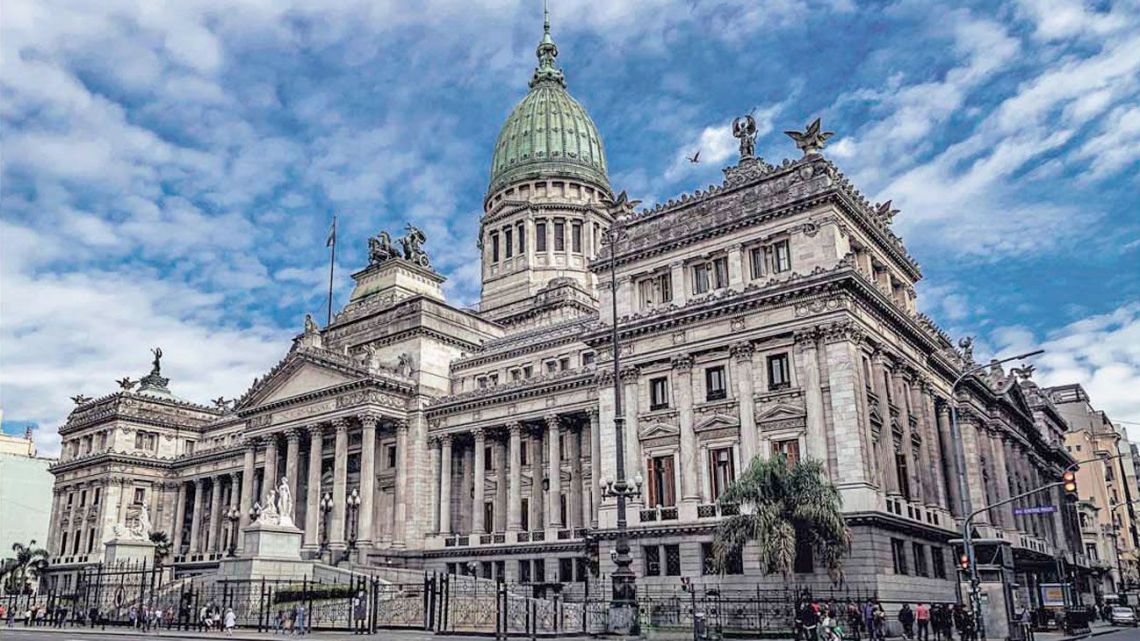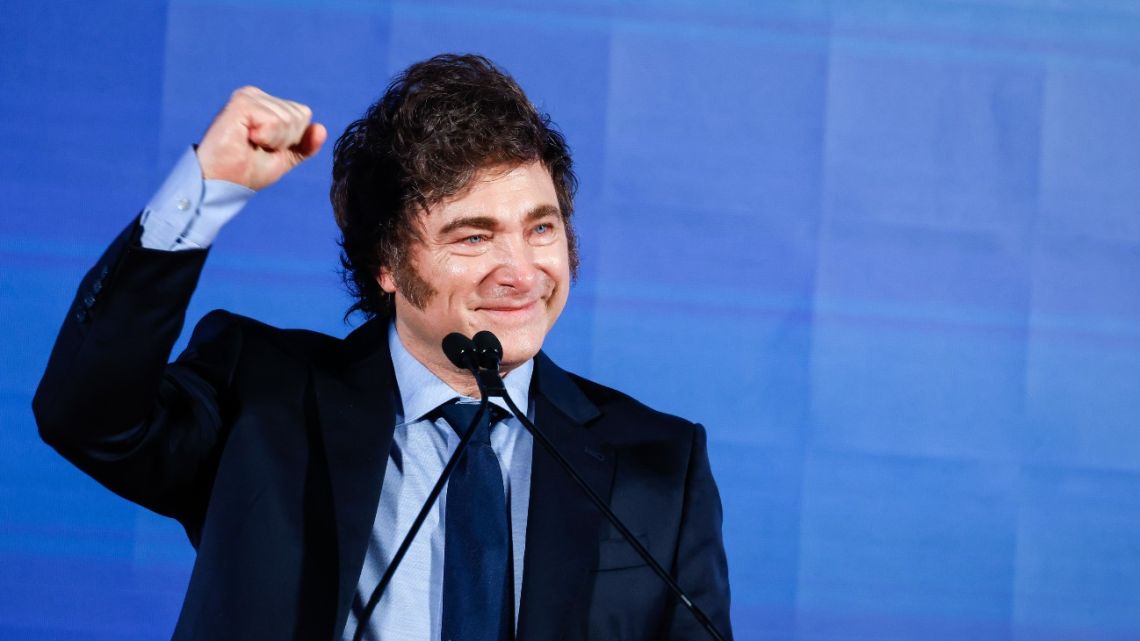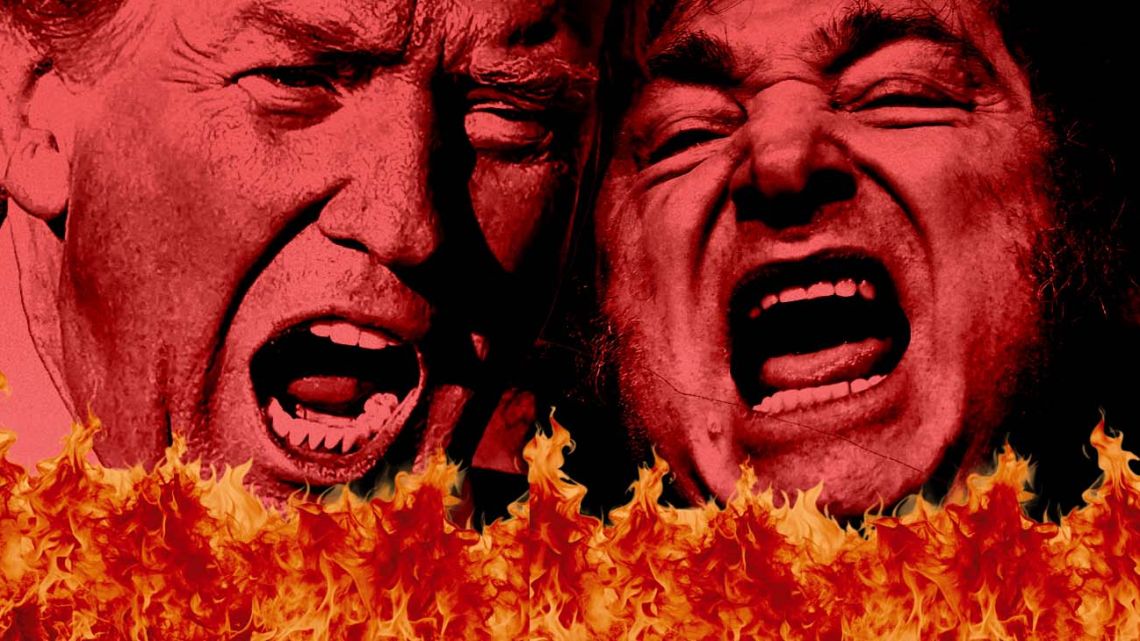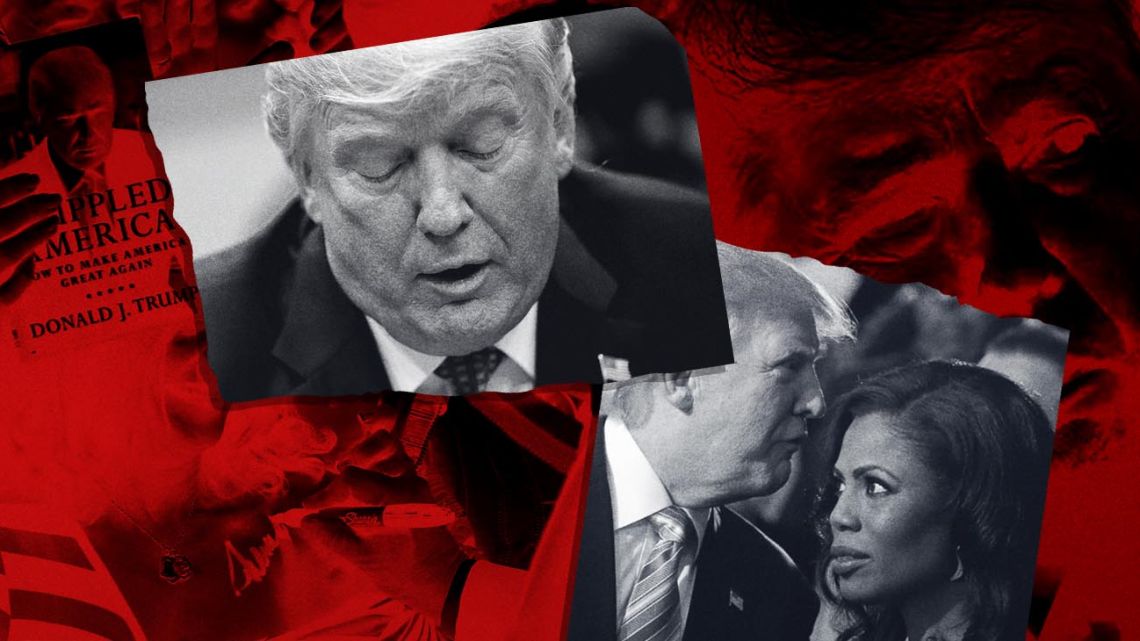Paraguay President Santiago Peña called President-elect Donald Trump’s incoming foreign policy team a “dream come true” as his nation stands to become more relevant in the next US administration.
“It’s a great opportunity for us to advance very, very fast in the bilateral agenda on trade, security, rule of law and make Paraguay a much closer ally” to the US, Peña said in an interview in Washington ahead of Trump’s inauguration Monday. “One of the biggest challenges for Paraguay was that image of an island surrounded by land, a country that was isolated and not many people know about it.”
Paraguay, a landlocked country of 6.1 million people, punches above its weight geopolitically as one of the last remaining countries that maintains diplomatic ties with Taiwan. China has steadily whittled down Taipei’s allies in Latin America amid rising tensions with the US. Honduras, Panama, El Salvador and the Dominican Republic broke ties with Taiwan and switched to Beijing in recent years.
Trump’s State Department stands to have some of the deepest policy experience in Latin America of any recent US administration. He tapped Marco Rubio as his secretary of state, while Mauricio Claver-Carone will return as one of the president’s top advisers on Latin America. Trump also picked Christopher Landau, a former US ambassador to Mexico, as deputy secretary of state. Mike Waltz, a Florida congressman, is set to become a national security adviser and has called for the US to counter China’s inroads in the region.
Rubio, who visited Peña last year in Asunción, praised Paraguay during his confirmation hearing as an example for the US to encourage in the region.
“I also think it’s important to recognise allies in the region, like Paraguay, that have not flipped,” to China, Rubio said Wednesday.
That’s indeed music to Peña’s ears as he’s crisscrossing the world in search of foreign investment for Paraguay, making over three dozen trips abroad since taking office a year and a half ago. Paraguay has remained one of the region’s more stable nations politically and economically in recent years despite volatility in Argentina and Brazil next door.
Peña pitched his country as a destination for investments by US technology companies. He also wants the Trump administration to grant Paraguayan beef an import quota with preferential tariff treatment.
In the interview, Peña said he doesn’t have a bilateral meeting planned with Rubio, who is still awaiting confirmation by the Senate, but Peña expects to attend a gala dinner Saturday night hosted by the incoming top diplomat. Peña is also campaigning for Foreign Minister Ruben Ramírez to lead the Washington-based Organization of American States (OAS).
Peña’s neighbour, Argentine President Javier Milei, will also attend the inauguration, and is pushing for their trade bloc, Mercosur, to let Argentina independently negotiate a trade deal with the US. Peña pushed back against a bilateral US-Argentina trade agreement, as Mercosur requires all countries in the bloc to negotiate together. But he conceded that Mercosur, which Milei labelled a protectionist “prison” last year, needs reforms.
“We need to revitalise the bloc. I’m not happy with the current situation. I think nobody’s happy,” Peña said, without detailing reforms he supports. “Mercosur countries are better off negotiating as a bloc than individually. Either you maintain the bloc and you negotiate as a bloc or you dissolve the bloc and negotiate bilaterally.”
Peña’s visit to Washington to attend Trump’s inauguration ceremony caps a tumultuous four years for the bi-lateral relationship under President Joe Biden.
He added that during his visit he won’t address US sanctions brought against his political ally, former Paraguayan president and Colorado Party chairman Horacio Cartes, who faces allegations of corruption and ties to Hezbollah. Cartes, one of Paraguay’s wealthiest businessmen whose patronage was key to Peña’s landslide victory, has denied the accusations.
Peña criticised the sanctions as motivated by false information but said it was a personal matter for Cartes.
by Eric Martin & Ken Parks, Bloomberg









